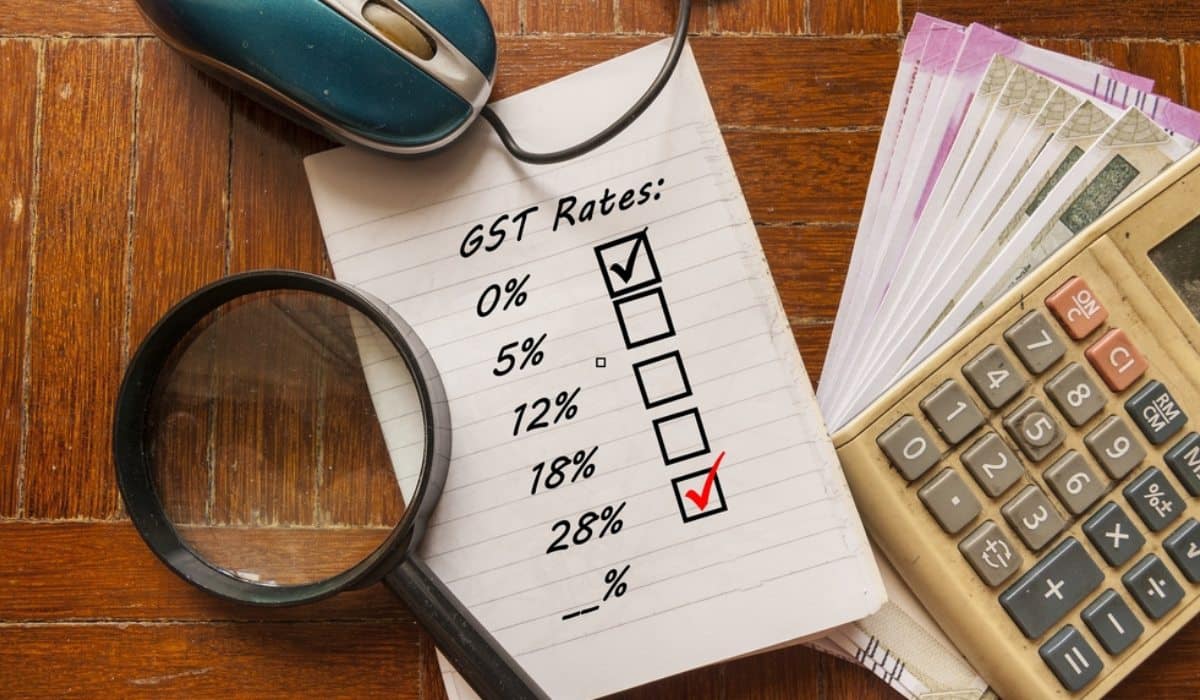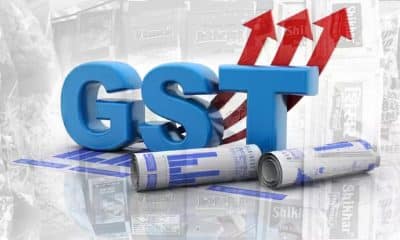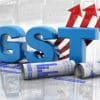Economy
GST Council to consider cutting list of tax-exempt items in next meeting
The Goods and Service Tax (GST) Council, in its next meeting, will consider trimming the list of tax-exempt items and fixing the anomaly of raw materials getting taxed more than certain finished products. The council is expected to approach these issues while sticking to the principle of tax stability.
Tarun Bajaj, Revenue Secretary, at a virtual annual meeting of the Confederation of Indian Industry (CII), said the current tax rate of 28% on four-wheelers, which also attracts a GST cess meant for financing states, will have to continue for a few more years. He said the GST Council is expected to meet in the next few weeks. The date has not yet been finalized. Bajaj pointed out that the government’s policy is to give a stable and a predictable tax regime.
“There are a lot of things I also get the temptation to tinker. But I would say we need stability and some kind of predictability there so that the whole indirect tax regime stabilizes. On tax rates, I quite agree with you on the automotive sector. You are talking about two-wheelers, but I would say the four-wheelers are charged not only 28% GST, but we also charge a cess which is much more, and as I see it, it will continue for a few more years.”
Bajaj, citing a RBI study, said the revenue-neutral rate of GST was 15.6%, the weighted average rate needed for the transition to the new indirect tax regime in 2017 to be a revenue-neutral affair to the exchequer, but the current rate is 11.4% or 11.5%. “The rates have come down at the macro level, but in a few sectors, it has gone up, and one has to look at the solutions to bring down the rates which are very high, and take out certain items that are under exempted items and rectify the inverted duty structure.”
In an effort to lower the tax rate on certain items, the list of exemptions have to be limited and the anomaly of having to make tax refunds in the case of items such as footwear and fertilizers where the final products are taxed at a rate lower than that on raw materials has to be fixed. The council had earlier examined raising the GST rate on footwear priced up to Rs 1,000 from 5% to 12% but chose to wait. Most of the raw materials used in footwear are taxed at 12% or 18%, which leads to un-recovered tax credits on the books of the producer, a cost that reduces his competitiveness compared to imported footwear.
Also Read: Chennai-based Aquaconnect listed in Forbes Asia 100 to Watch List
“We need to do that,” Bajaj said. “I am sure that in the coming GST Council meeting when we give this agenda, I am sure we will be able to get those things.” The revenue secretary added that the central government has already lowered the corporate tax rate for businesses not availing of tax breaks and for new factories being set up by 2023, but the animal spirits of the industry were still missing.











































Pingback: Samsung unveils Galaxy Z series foldable smartphones